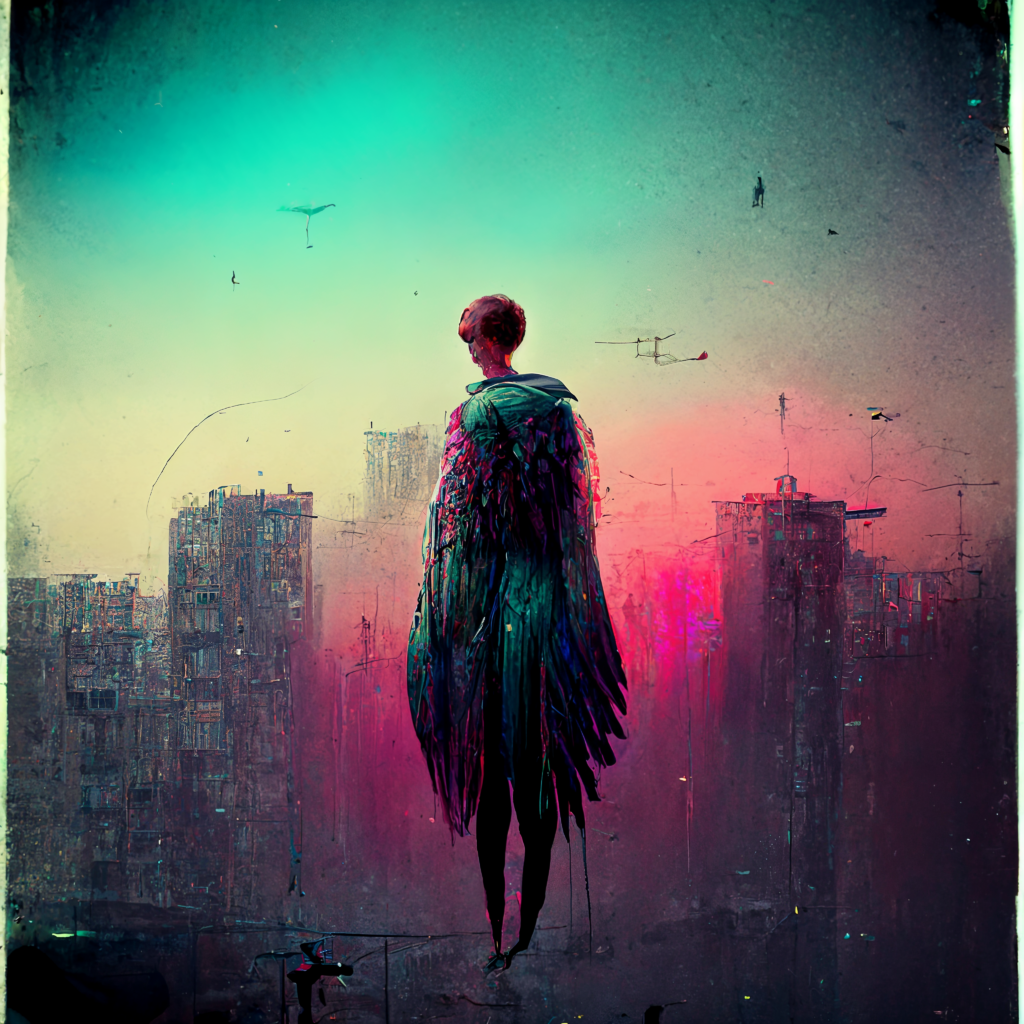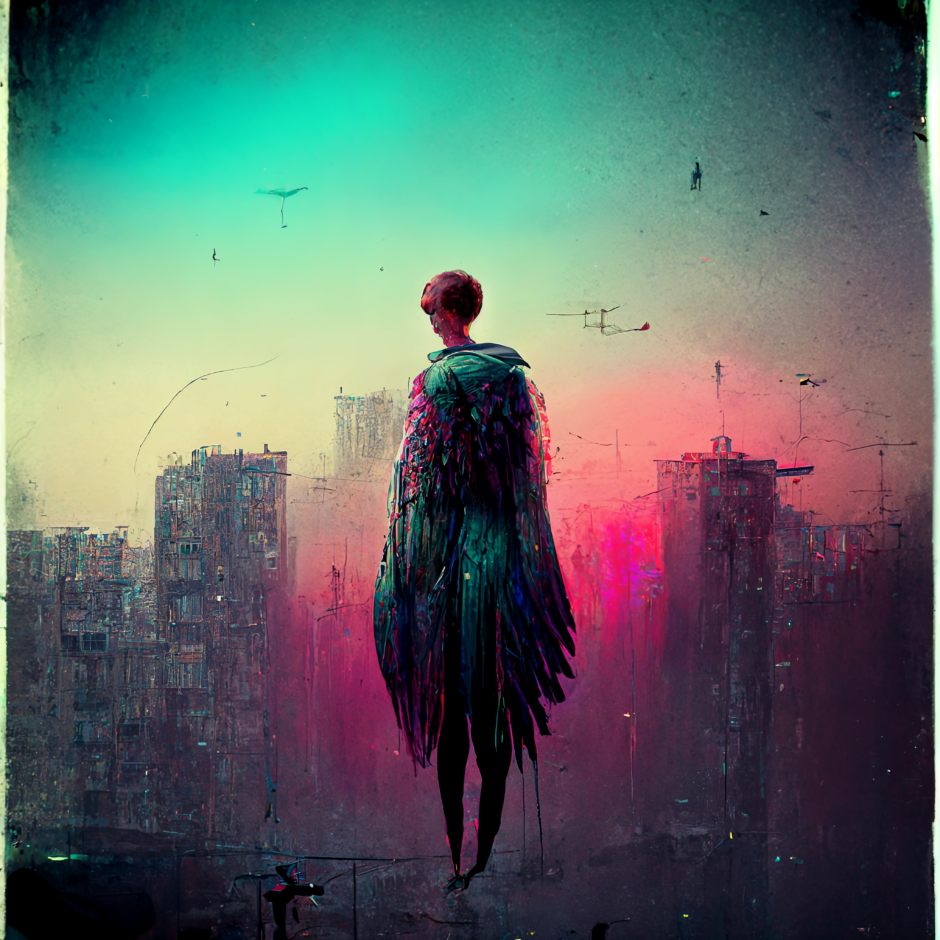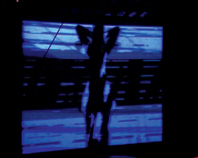INS[AI]DE (2022)
(Feat. David Kuhlenkampff)
The Algorithmic Takeover of Creativity and Consciousness
By 2022, AI could generate strikingly detailed images but hadn’t mastered generating moving images. INS[AI]DE captured this moment of transition — not just in technology, but in the deeper shift of how algorithms were beginning to shape creativity, perception, and even governance. The immersive audiovisual installation wasn’t just an aesthetic experiment; it hosted this question:
How much of artistic and creative expression can be overtaken by the machine? Will the audience notice the difference? And in a world where algorithms increasingly mediate our choices, who ultimately controls truth?
Algorithmic Governmentality: When Power Becomes Invisible
Antoinette Rouvroy’s concept of Algorithmic Governmentality describes a world where decisions are no longer made through laws, debate, or ideology, but through data-driven predictions and automated governance. It’s a form of power that doesn’t need to force or persuade — it simply structures reality in a way that makes certain choices seem inevitable.
We already experience this in our daily lives. Algorithms shape what news we see, what music we listen to, what we buy, and even how we think about the world. Social media doesn’t just reflect opinions; it manufactures them by curating what gets attention and what disappears into the void. AI-generated content is no longer just an artistic experiment — it is already shaping politics, economic decisions, and the justice system.
And now, these systems are moving into governance. Algorithms being used to determine who gets welfare benefits, who is granted bail, who is “at risk” of committing a crime. As AI takes over more decision-making, a crucial question emerges: Who is programming the algorithm? Who decides what is “truth”?
The Installation: An Algorithm Deciding Aesthetic Experience
INS[AI]DE mirrored these concerns through its structure. The AI-generated images—based on OK Computer lyrics — created an overwhelming, surveillance-like aesthetic, as if an unseen system was categorizing and curating reality itself. The soundtrack followed the same logic: all but one song were generated by AI (AIVA), manipulated by me in Logic Pro. Only one song was entirely human produces — by DKAY (David Kuhlenkampff).
Visitors were asked to identify the human-made song. Could they tell which one is AI-generated and which one is human produced? And if they couldn’t — would it matter? It was about whether, in an algorithmic world, we can still recognize human agency.
The Future: When Algorithms Define Truth
The real danger of algorithmic governance is that it removes debate. When decisions are made by predictive models, they appear neutral—just “data-driven.” But data is never neutral. Whoever controls the algorithm controls the narrative and shapes reality without confrontation.
In a world where AI-generated text, music, and images blend seamlessly with human-made content, the question isn’t just whether we can tell the difference. It’s whether we care enough to demand transparency — before the distinction disappears entirely.
INS[AI]DE does’t provide answers. It leaves the audience with a question: If algorithms shape what we see, hear, and believe — how do we reclaim control over our own perception and construction of reality?




